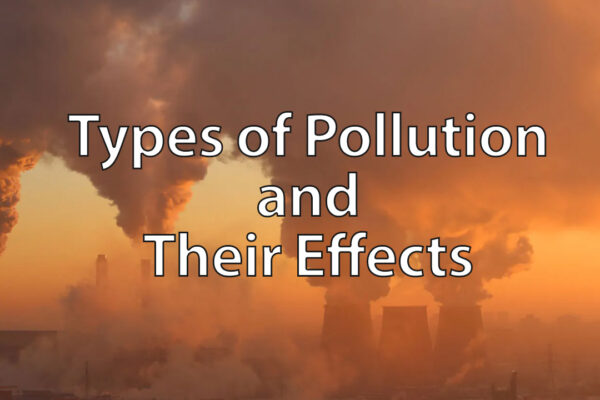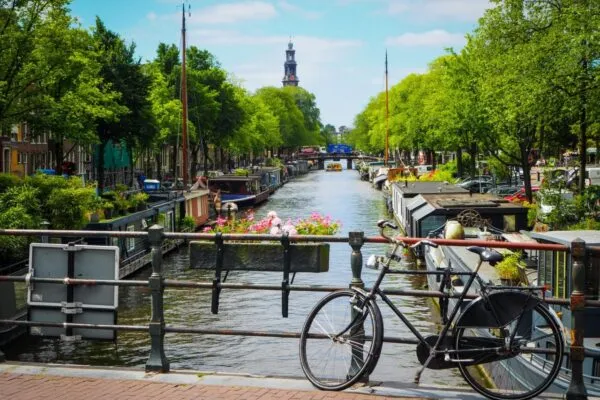Top 10 Ways to Reduce Air Pollution
Keep the air quality around you clean with these tips
The increasingly destructive impact of severe weather events like hurricanes and wildfires makes the effects of climate change impossible to ignore. At a time, when breathing outdoor has become more toxic than sucking down a chimney, it is imperative that everyone should feel motivated to reduce air pollution, participating in a collective effort to preserve our environment.
While it may seem daunting at first, you may be pleasantly surprised to realize how much impact you can make by starting small. Here are ten easy ways in which you can help reduce air pollution.
Properly Dispose of Your Garbage
Though burning your trash can be convenient, it contributes to air quality issues by releasing harmful pollutants into the air. Instead, follow local waste management policies for handling your garbage.
For instance, many communities encourage residents to separate their biodegradable and non-biodegradable waste. Composting biodegradable items will enrich the soil, while non-biodegradable waste requires careful disposal to prevent pollution.
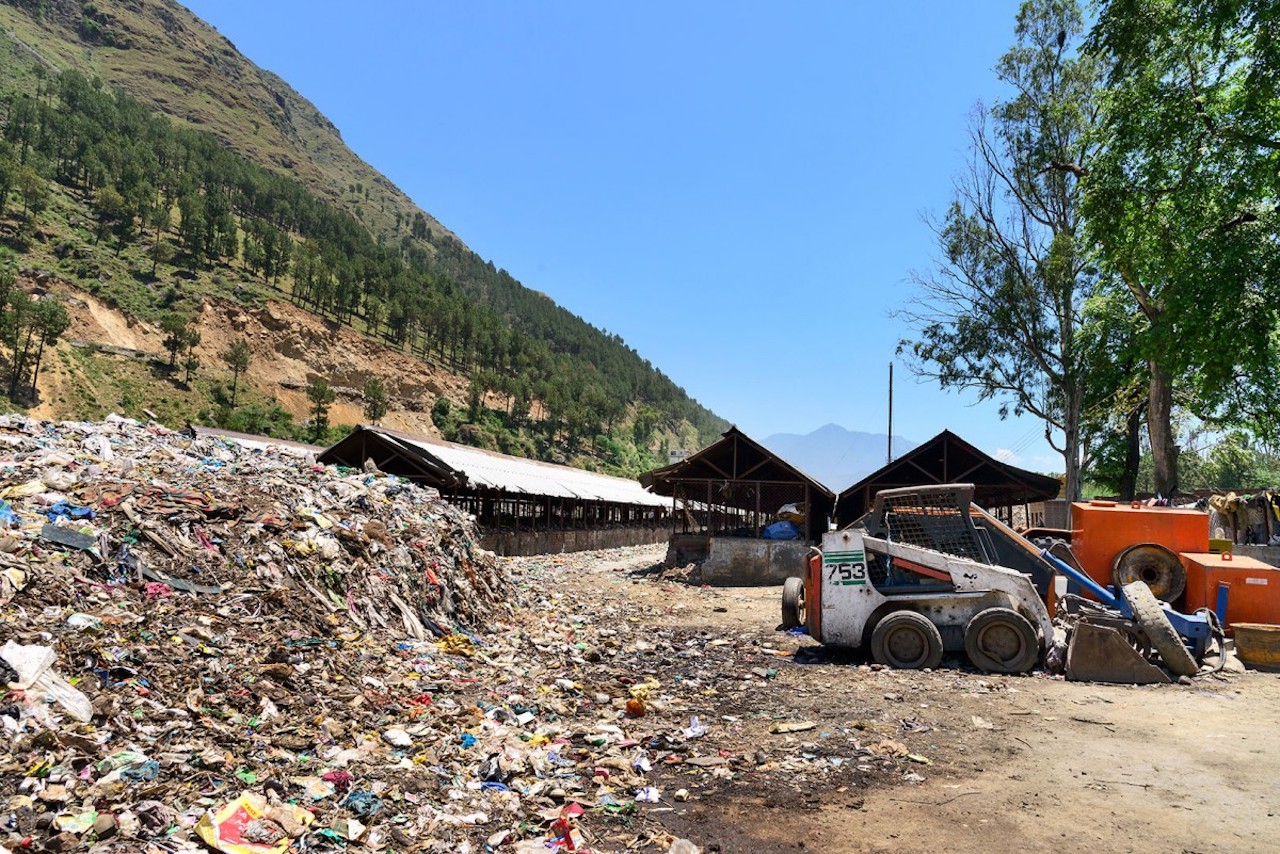
Image: The Wire
Recycling extends materials’ lifespans, reduces landfill waste, and conserves natural resources. Protect the environment and support sustainability efforts by following waste management best practices.
Try Different Modes of Transportation
Consider walking, biking, or taking the bus or train to run your errands instead of driving. You can also explore local ridesharing services. For example, four people in one car reduces pollution compared to each traveler making four separate trips.
Avoid Wasteful Consumption
Consumerism fuels mass production, resulting in pollution and emissions. Becoming a conscious shopper means prioritizing needs over wants, buying used instead of new, and looking for reusable, recyclable materials.
For instance, when redecorating your house, you can choose metal objects that emit fewer chemicals. You can embrace biophilic design elements such as natural plants and other natural elements to decorate the house. Besides minimizing pollution, you’ll improve your home’s indoor air quality.
Support Tree-Planting Projects
Plants are another way to reduce air pollution. Greenery absorbs carbon dioxide and other pollutants, releasing oxygen into the atmosphere in return. Donate to organizations that plant trees, start a community fundraiser, or grow indoor and outdoor plants at home. Plant trees on your birthdays or New Year’s and look after those trees.
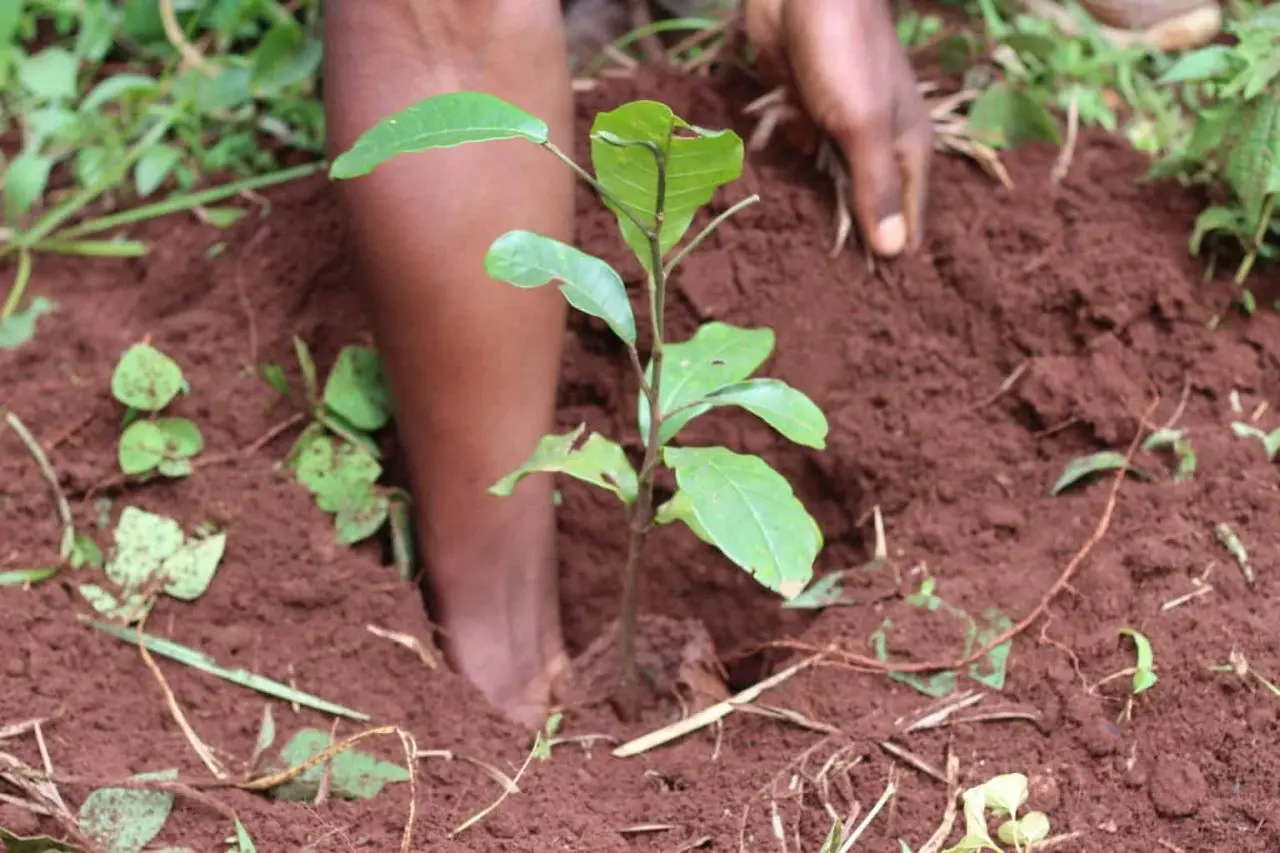
Image: Trees for the Future
Try Meatless Mondays
Industrial-scale meat and dairy farming contribute significantly to global warming. Raising livestock releases methane, a potent greenhouse gas, while farms generate carbon emissions that degrade air quality. Incorporating more plant-based foods into your diet can reduce your environmental impact while supporting sustainability efforts.
Some people gradually transition from meatless Mondays to a vegetarian or vegan diet to shrink their carbon footprint even more. The shift may not happen overnight, but there are more resources and recipes than ever to help you stay motivated. If you want, you can make the switch to plant-based diets.
Swap to Electric or Manual Equipment
Equipment like household generators runs on diesel engines, which generate harmful emissions. Consider switching to electric-powered alternatives instead.
You can also go completely manual to conserve energy and create zero emissions. For example, if you need to trim the lawn or remove leaves, use cutters and rakes instead of gas-powered lawn mowers and leaf blowers. This will help lower emissions and allow you to move.
Conserve Your Energy Consumption
While modern appliances can reduce your carbon footprint by conserving energy, you should still conserve your power use by turning off and unplugging items when they aren’t in use. You can also explore other sustainable energy sources, like solar panels, to minimize your fossil fuel consumption.
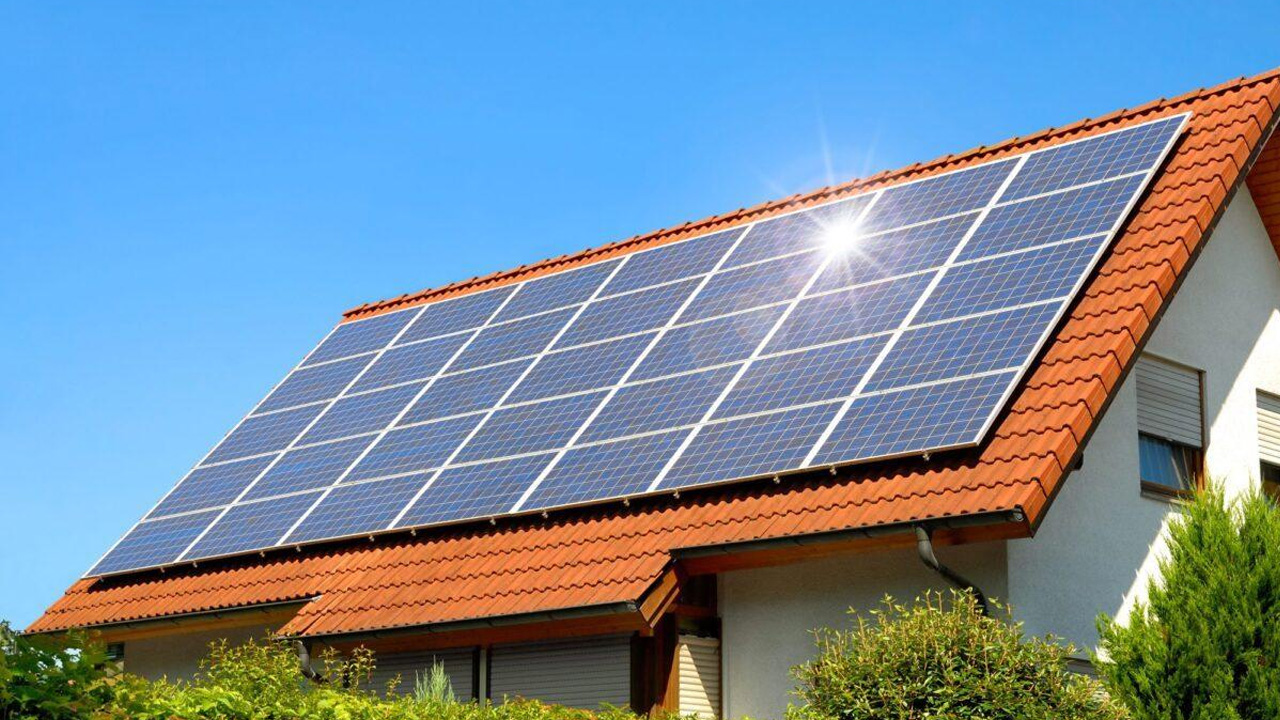
Image: Energy Theory
Quit Smoking
Cigarettes and vapes harm the environment by producing smoke containing toxic chemicals. Vaping specifically poses a unique environmental challenge, as vape pens and cartridges contain non-renewable metals and plastics that contribute to electronic waste, adding to pollution and resource depletion. It’s much harder to dispose of used cigarette butts and vape products responsibly because conventional recycling facilities may not accept them.
Quitting smoking can reduce waste and lessen the long-term effects on Mother Earth. It will significantly improve your health by reducing your risk of developing cancer, cardiovascular disease, and other smoking-related complications. It can be challenging, but small changes like exercise or hobbies can help distract you from the habit.
Initiate Community Cleanups
Community cleanups effectively prevent waste buildup while keeping the air fresh and pollution-free. These efforts maintain a cleaner environment and ensure proper waste disposal, reducing long-term ecological harm.
Beyond environmental benefits, cleanup drives foster a sense of community and shared responsibility. Gather a group of friends and neighbors who are passionate about making a difference, and get others involved by educating them on your goals. Your cleanup initiative can create lasting positive change by inspiring participation and raising awareness.
Advocate for Clean Air Policies
Despite your best efforts, there are limits to what you can accomplish by yourself. Government agencies and businesses should also make efforts to reduce their environmental impact.
If your local government proposes new regulations to reduce pollution, attend community meetings about them to stay informed. Speak out against policies that would harm rather than help the environment. Educate friends and family about what you know.
Help Minimize Air Pollution
Addressing pollution, climate change, and environmental degradation is one of humanity’s greatest challenges, requiring collective action, innovation, and commitment. While the damage may seem overwhelming, humans can heal the planet if we dedicate time, effort, and resources to sustainable solutions. Make a lasting mark and invite others to safeguard Earth for future generations.
